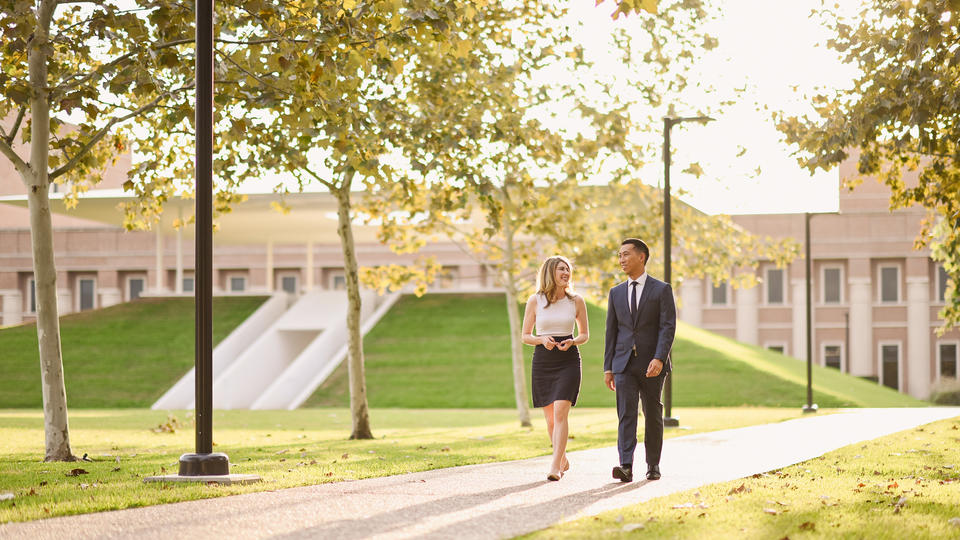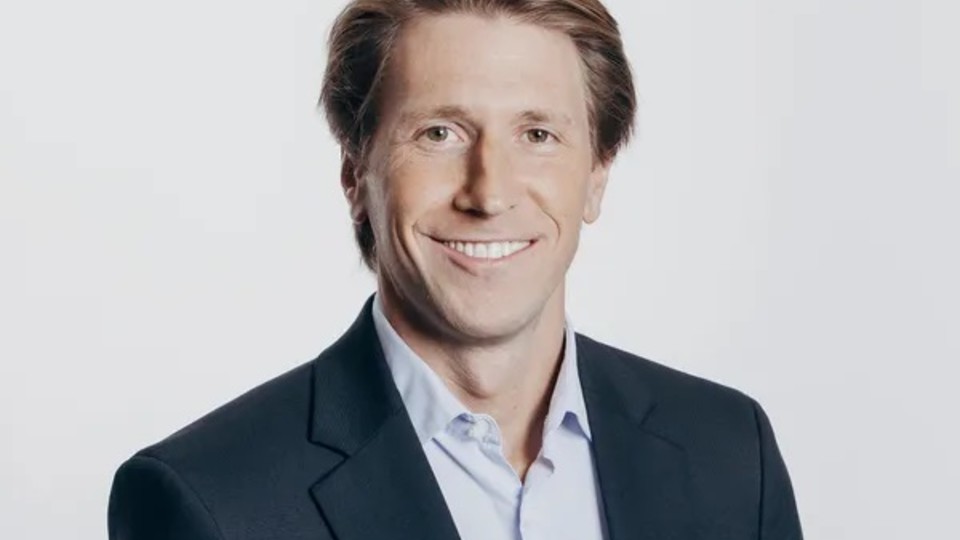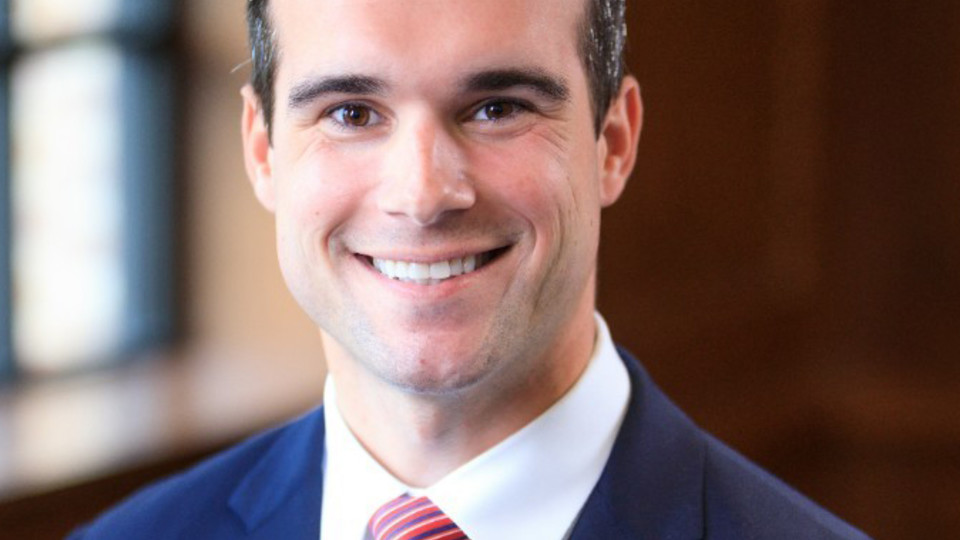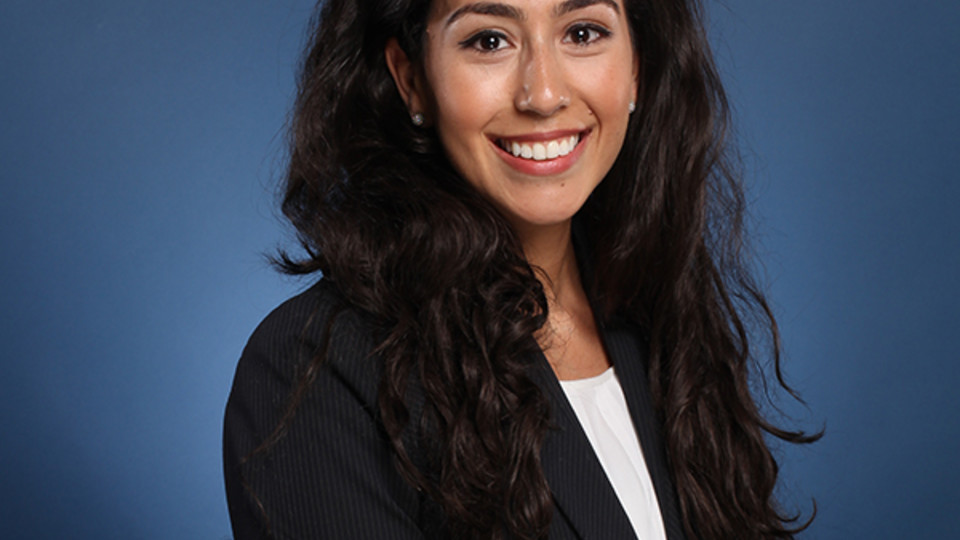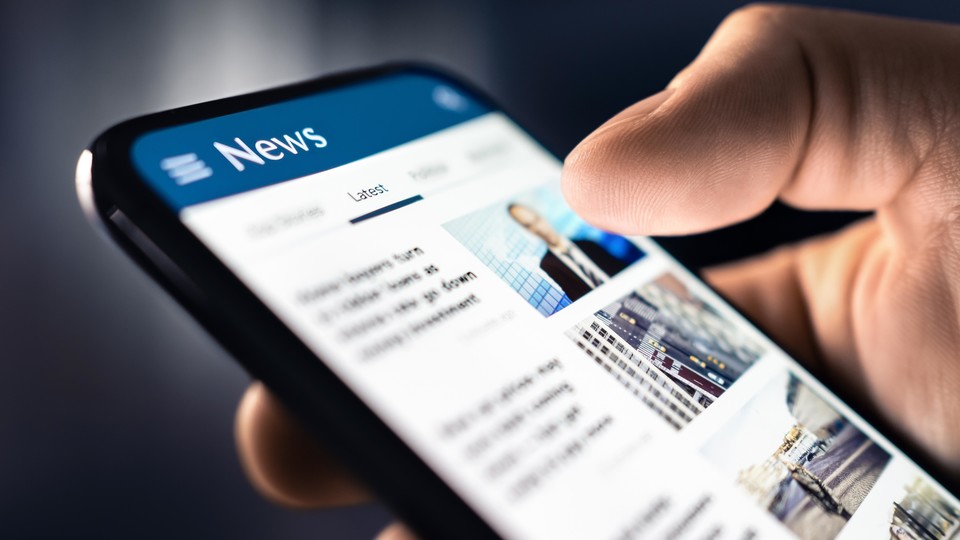In a GMAT-optional world, average scores plummet at the top 50 schools
To anyone paying attention as MBA class profiles began to dribble out last fall, it was clear that average scores on the Graduate Management Admission Test were dropping.
42 MBA programs with the highest percentage of underrepresented racial minorities
Based on data collected by U.S. News, here are the 42 schools with the highest percentage of domestic full-time students who are underrepresented minorities.
A Tech Innovator Ignites Children's Imaginations feat. Devina Bhojwani ’06
Season 1, Episode 8
Devina Bhojwani ’06, president and co-owner of IDEA Lab Kids International, talks about her pivot from working at an international offshore drilling contractor to entrepreneurship within the education space.
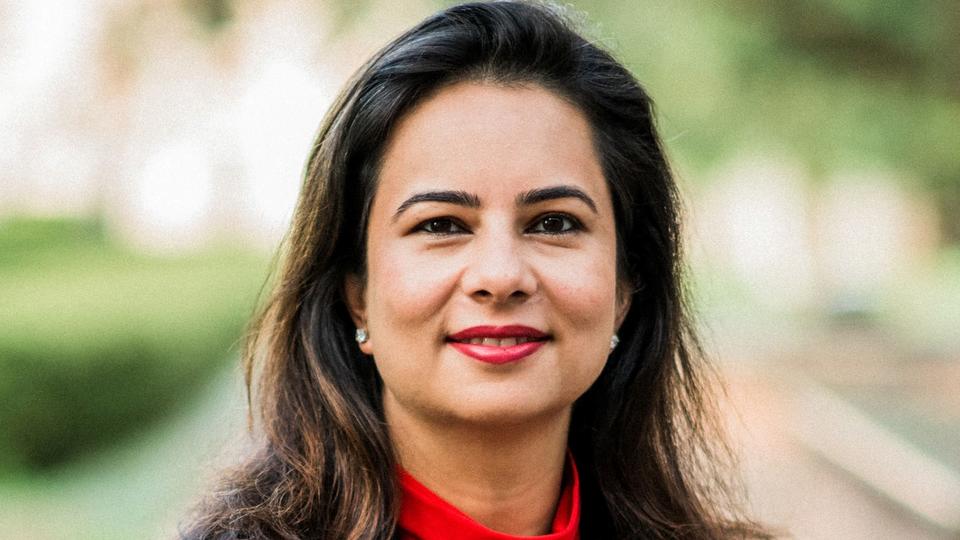
Owl Have You Know
Season 1, Episode 8
Devina Bhojwani ’06, president and co-owner of IDEA Lab Kids International, talks about her pivot from working at an international offshore drilling contractor to entrepreneurship within the education space.
Subscribe to Owl Have You Know on Apple Podcasts, Spotify, Youtube or wherever you find your favorite podcasts.
You May Also Like
Best In Class
What Creates Your Sense Of Well-being?


Based on research by Siyu Yu
What Creates Your Sense Of Well-being?
- Research and common sense suggest that membership in a high social class improves one’s sense of well-being.
- Social class, however, is made of up several components. Two in particular play powerful roles in the way social class affects psychology.
- The first component is status: respect, prestige and admiration from others. The other is power: a mix of factors such as autonomy and control in social encounters. Researchers need to study these two factors separately.
How nice! You’re early. It’s just you and your mat, alone for a moment at the office’s weekly Zoom yoga session. Breathing in, you silently applaud yourself for investing in your well-being.
Then a guy from upper management pops onto the screen for a bit of his own inner peace. He’s not even looking your way, but suddenly you’re comparing yourself to a fit, well-groomed, manicured corporate star. You wonder if you’re a victim of a gender wage gap. You muse whether your social standing is undermined by race, age or your choice of partner.
Humans can’t help comparing social status. What goes into the social pecking order, however, is surprisingly complex. What we call social class is actually a web of subtle signals telegraphing traits including wealth, education and occupational prestige.
But the effects of social class are concrete. Membership in a high social class alters our influence over other people, our professional and personal opportunities, even our health. Social class even affects the private, internal gauge of how we’re doing – what researchers call subjective well-being, or SWB. And what you, in Zoom yoga, might call your level of chill.
But why exactly is external class ranking so potent?
For years, research and common sense suggested that external social class largely determines our subjective well-being. But the exact dynamic has never been fully analyzed. So in a recent paper, Rice Business Professor Siyu Yu and colleague Steven Blader, of NYU Stern, looked closely at how the status/well-being link functions – and why, in certain cases, it’s irrelevant.
According to their findings, simply belonging to a higher social class actually has a weaker, less consistent effect on inner well-being than do two specific components of class: status and power.
To analyze the way status and power affect the impact of social class, Yu and Blader designed a set of four studies. In one, they used archival data from two employee surveys, Midlife In The United States and Midlife In Japan, to measure employee status and power and how these variables affected each individual’s social class and sense of subjective well-being.
In the three others, the team analyzed the interplay of social class, power and status in various walks of life. To do this, they looked at employee data sets of 325 and 370 people respectively, drawn from Amazon’s Mechanical Turk (a crowdsourced marketplace favored by researchers which performs tasks virtually). In one study, the researchers ranked each participant’s self-perceived social class by asking them to state their own level of status and power. In another, they asked 250 participants questions about their individual psychological needs and how they might be addressed by status or by power. In the third, they isolated the precise ways that status and power affect subjective well-being.
Status, the researchers found, greatly boosted the effect of social class on subjective well-being. Power, they found, had separate and significant effects of its own on SBW. Of the two separate factors, status had the stronger impact. The researchers theorized that this is because power, energizing as it may be, also tends to stunt feelings of social support and relatedness, which is crucial to a sense of well-being. High status, on the other hand, is by definition a reflection of relationships, which we’re hard-wired to crave. As Yu and her cowriter put it, status is “voluntarily and continuously conferred based on one’s personal characteristics and behaviors and, thus, others’…highly personalized assessment of our value.”
Both status and power, the evidence suggested, boost inner well-being because they fulfill key psychological needs: our desire to belong, for example, or our wish to have a say in situations affecting us.
Partly because of the study’s methodology limitations, however, the researchers cautioned there’s more to understand. Most pressing: in the U.S. sample, between 83%-95% of participants were white. Would the researchers’ current findings hold true across a broader racial spectrum? How about with groups that have spent decades overcoming outside assaults on their sense of self?
What the team’s research does show definitively is the multi-faceted nature of social class – something that otherwise might seem to be monolithic. It sheds light on the various facets that make up social rank. And it spotlights the need for research on the separate effects of power, of status, and how each element fulfills psychological needs. Isolating the effects of these factors, Yu and her colleague argued, show why researchers need to consider power and status distinctly when studying issues like income, education and occupation.
Back to Zoom yoga. Breathe out. Then do your best to just look away from your high-ranking colleague in the neighboring zoom box. You’re not imagining the unease you felt when he sailed into the room. Yet who knows? Your high-flying superior worker may not actually feel as respected or empowered as you’d think when he rolls up his mat and goes back to his desktop. You, meanwhile, are equipped with new analytical insights that could help establish your next goals. Do you aspire to more power? More external esteem? Or maybe you already possess some other key to inner equilibrium – some element apart from either status and power – that research has yet to uncover.
Siyu Yu is an Assistant Professor of Management – Organizational Behavior at Jones Graduate School of Business, Rice University.
Yu, S., Blader, S. L. (2020). “Why Does Social Class Affect Subjective Well-Being? The Role of Status and Power” Personality and Social Psychology Bulletin, 46(3) 331–348
Never Miss A Story
You May Also Like
Keep Exploring
The psychological insight from a $2.95 cup of coffee
Every small purchase choice gives us a glimpse of our hidden self-identity. Written by Rice Business Professor Utpal Dholakia.
A Culinary Creative in the Houston Community feat. Ope Amosu ’14
Season 1, Episode 7
Ope Amosu ’14, talks to host Christine Dobbyn, about his passion for representing West African culinary cuisine and culture in Houston through his restaurant, ChopnBlok.
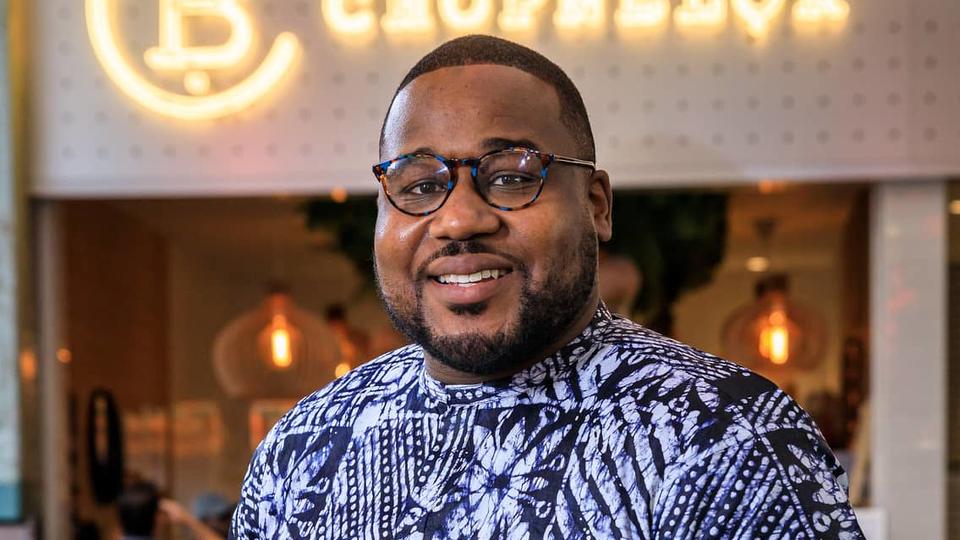
Owl Have You Know
Season 1, Episode 7
Ope Amosu ’14, talks to host Christine Dobbyn, about his passion for representing West African culinary cuisine and culture in Houston through his restaurant, ChopnBlok.
Subscribe to Owl Have You Know on Apple Podcasts, Spotify, Youtube or wherever you find your favorite podcasts.
You May Also Like
MBA Stories: A School-By-School Collection For 2020
Here is a collection of the top news stories featuring Rice Business and other business schools on Poets&Quants for the year 2020.
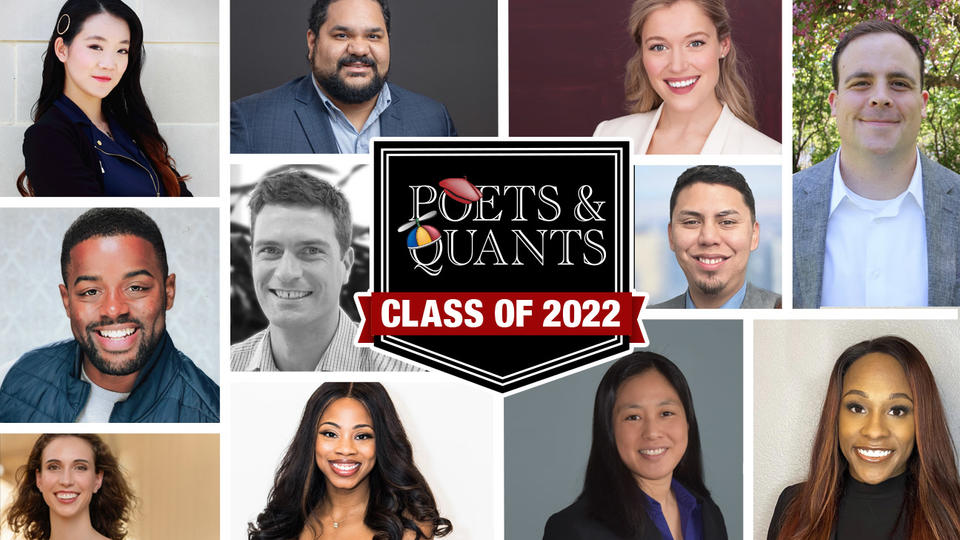
Editor's Picks: Top 7 Houston innovation interviews of 2020
Innovation Map's top interviews of the year include one with Kyle Judah, executive director of the Liu Idea Lab for Innovation and Entrepreneurship. "Houston has these big pillar companies in energy and health care and all these critical areas that the world, the economy, and the society needs."
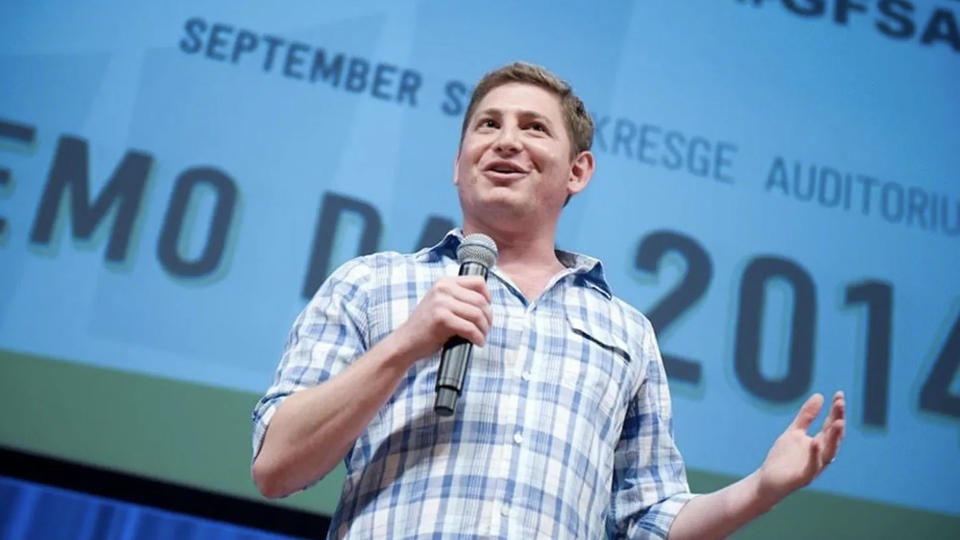
Houston-based startup shoots for affordability and convenience with new photo biz
Houston-based photographers Chris Bailey and Joseph West have brought automated technology and innovative efficiencies to the often cumbersome task of taking professional headshots. A prototype was tested by the Jones Graduate School of Business at Rice University and Intrepid Financial Partners in December 2019.
The Rice Report: Networking Pep Talk
Full-Time MBA Katie Chung's next column of the Rice Report just dropped for Poets&Quants. Check out her latest advice about networking and how to break through the discomfort to form real relationships.
